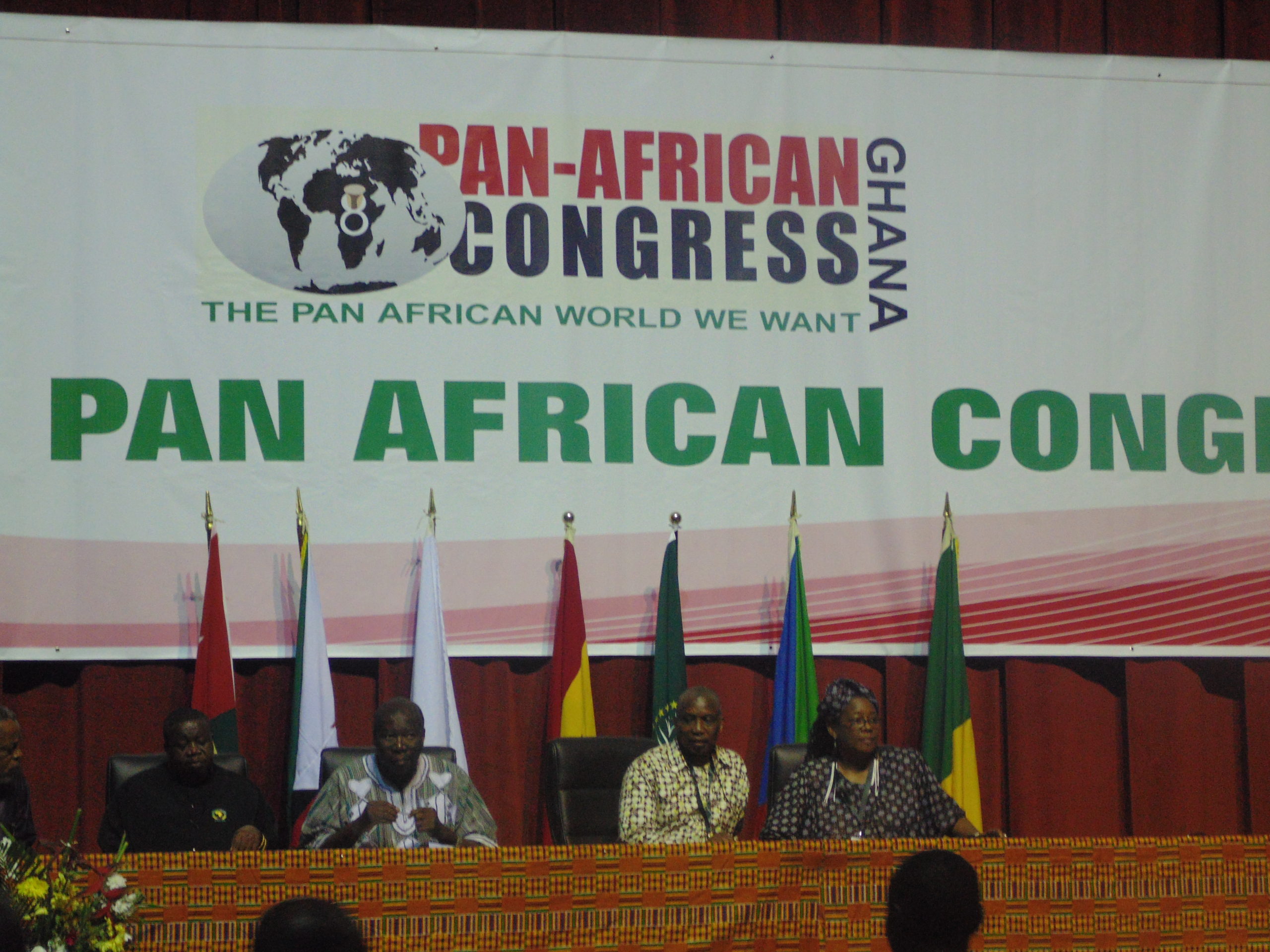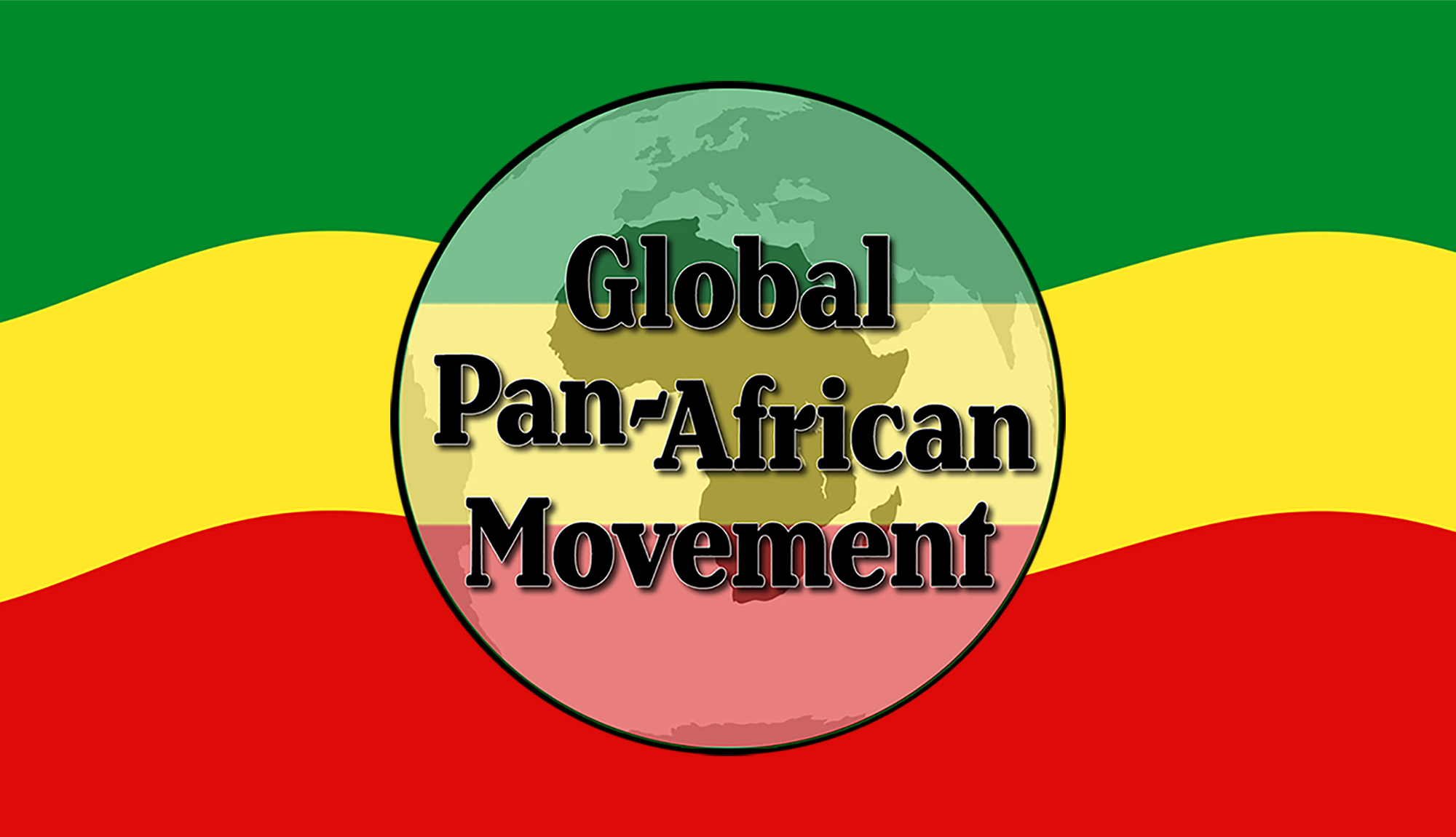*Why Do We Grow What We Don’t Eat and Import What We Do Eat in Sudan and the Global South*
*The Legacy of Colonialism and Capitalism*
Written by Mohamed IREG *
Translated from Arabic by Elwaleed Ibrahim
Today in Sudan, the famine sweeping the country can be understood in the context of the war that has left nothing untouched. But were we ever self-sufficient in food production before the war? The answer, of course, is no.
Sudanese people initially rejoiced at the slogan raised during the early days of Bashir’s rule, “We eat what we grow.” However, it soon became clear to everyone that it was a mere slogan for public consumption, and what actually happened was quite the opposite.
In many African countries like Sudan, as well as in parts of Africa, Asia and Latin America, we encounter a strange agricultural paradox: we produce crops that we don’t consume while relying heavily on imports for the essential food we need. Why is that? This paradox is not the result of poor decisions by farmers or local governments but rather stems from a political and economic system deeply rooted in colonialism, capitalism, and imperialism.
Historical Roots: Colonial Agriculture and Cash Crops
The origins of this agricultural distortion trace back to the colonial era. When European powers colonized Africa, Asia, and Latin America, their primary objective was to extract resources to fuel their industrial revolutions and satisfy their market needs. In Sudan, as in many African countries, colonial administrations redirected agricultural systems to produce cash crops—such as cotton, tobacco, coffee, and peanuts—for export to European markets. These crops were profitable for European industries but had no nutritional value for local populations.
The Gezira Scheme in Sudan is a prominent example. This massive irrigation project, established by the British in 1925, was designed to grow cotton—not for local consumption but to supply the textile mills of Lancashire in Britain. Land that could have been used to grow food for local consumption was instead dedicated to producing cash crops that enriched European traders and industrialists. This trend of prioritizing cash crops over diverse, nutritious food crops was repeated in other colonized nations, from coffee in Ethiopia to rubber in Congo.
Dietary Shift: From Millet, Sorghum, and Cassava to Wheat
Before colonization, the Sudanese diet relied heavily on local grains like millet, sorghum, and cassava, as well as other tubers and cereals, which were nutritious, drought-resistant, and well-suited to the local climate. This diet was sustainable and ensured food security for generations. However, over time—particularly post-colonialism—the dietary systems in Sudan and many African countries shifted drastically toward wheat-based products like bread. Was this by chance or due to a desire to mimic the colonizers? The answer is no; it was a deliberate colonial strategy.
The shift from traditional grains to wheat was not accidental but the result of colonial policies that introduced and imposed wheat as a staple food, even though it was not suited to many African climates. Wheat became associated with Western progress and modernity, while traditional crops were stigmatized as backward or primitive. This process accelerated post-independence, as African markets were flooded with subsidized wheat from the West—particularly the United States and Europe—through trade agreements and food aid programs.
Sudan, which was once food self-sufficient, is now heavily dependent on wheat imports to feed its population. Today, about 85% of the wheat consumed in Sudan is imported, leaving the country vulnerable to fluctuations in global wheat prices and international political dynamics.
The Role of Western Influence and Economic Imperialism
Western powers, through institutions such as the World Bank and the International Monetary Fund (IMF), as well as other neoliberal structures, played a significant role in imposing economic reforms on African countries in the late 20th century under the guise of Structural Adjustment Programs (SAPs). These programs forced African governments to liberalize their markets, reduce support for local farmers, and focus on export-oriented agriculture to repay their debts.
Sudan, like many other countries, was compelled to redirect its agricultural resources toward producing cash crops for export while cutting investment in food crops for local consumption. Western nations, backed by their multinational corporations, pushed these countries to grow what the West needed and import what their people needed to eat.
The result has been a destructive cycle: farmers in Africa produce crops like coffee, cocoa, or cotton for export to the West at low prices, while African governments spend billions of dollars importing staple foods such as wheat, rice, and corn. According to the Food and Agriculture Organization (FAO), Sub-Saharan Africa imported $43 billion worth of food in 2019, a significant increase from previous decades. This dependence erodes food sovereignty and leaves African nations at the mercy of global markets and trade systems dominated by the West. We have witnessed how African countries were affected by the Ukrainian wheat supply disruption due to the ongoing war.
The West’s Hand in Shaping Agricultural Policies
The West has long had a direct hand in shaping agricultural policies in Africa, often at the expense of local food security. This was a deliberate decision made in 1955 by several colonial powers after many Global South nations gained independence. For instance, through agricultural subsidies, the European Union and the United States have flooded global markets with subsidized wheat, corn, and rice. These subsidies create artificially low prices that make it nearly impossible for African farmers to compete, further eroding local food production.
Additionally, food aid programs have played a role in distorting local markets. When Western nations donate surplus wheat or other food products, they flood local markets, driving down prices and making it difficult for local farmers to sell their crops. This creates a destructive cycle where local food production is stifled, and reliance on imported food deepens.
The Capitalist Impact on Sudan and Beyond
At the heart of this issue lies the capitalist system, which prioritizes profit over people. Under capitalism, African nations are encouraged—or rather forced—to integrate into global supply chains as producers of raw materials while being confined to the role of consumers of finished goods, including food, from the West.
In Sudan, this economic model has created a dangerous dependence on global markets for basic necessities. According to the World Food Programme (WFP), nearly 25 million people in Sudan are currently food insecure, due largely to the country’s lack of infrastructure and agricultural policies needed to produce enough food to feed its population. The global capitalist system has left Sudan exposed to market fluctuations and global food price volatility.
Examples from Other African Nations
Sudan is not alone in this predicament. Countries like Ghana, Kenya, and Nigeria face similar patterns. For instance, Ghana has become heavily dependent on rice imports despite having fertile land suitable for domestic production. Nigeria, the world’s 10th-largest oil producer, once a major producer of palm oil, now imports vast quantities of the same product it used to export, due to the dominance of Western multinational corporations over its agricultural sector.
In Zambia, maize has traditionally been the staple food, but since the country began importing large quantities of wheat, maize has been gradually neglected, leading to a diet reliant on imported goods. This has increased food insecurity and dependence on the global economy’s fluctuations.
Breaking the Vicious Cycle
The paradox of growing what we don’t eat and eating what we don’t grow in Sudan and other African nations is not a coincidence; it is the result of centuries of exploitation—both during the colonial era and today under the global capitalist economy. The West has shaped, and continues to shape, the agricultural policies of African nations in ways that serve the economies of the West at the expense of local food sovereignty.
Breaking free from this cycle requires rethinking agricultural policies that prioritize local food production, reinvesting in traditional crops like sorghum and millet, which are suited to African climates, and reducing dependence on imported food. It also requires challenging the global capitalist system that fosters dependency and inequality.
As long as African nations remain locked into producing cash crops for export and importing food to feed their populations, true food security will remain elusive. To reclaim food sovereignty, African countries must regain control over their agricultural systems and challenge the global capitalist structures that have kept them dependent on the West for survival. After the war in Sudan subsides, food security and breaking the chains of food dependency should be the first battles fought by leftists and nationalists who genuinely care about the country’s interests.
*Mohamed IREG is a Sudanese agronomist and food security expert with extensive experience working in international organizations across the Global South and Europe. His interest focuses on addressing development challenges in the Global South.


